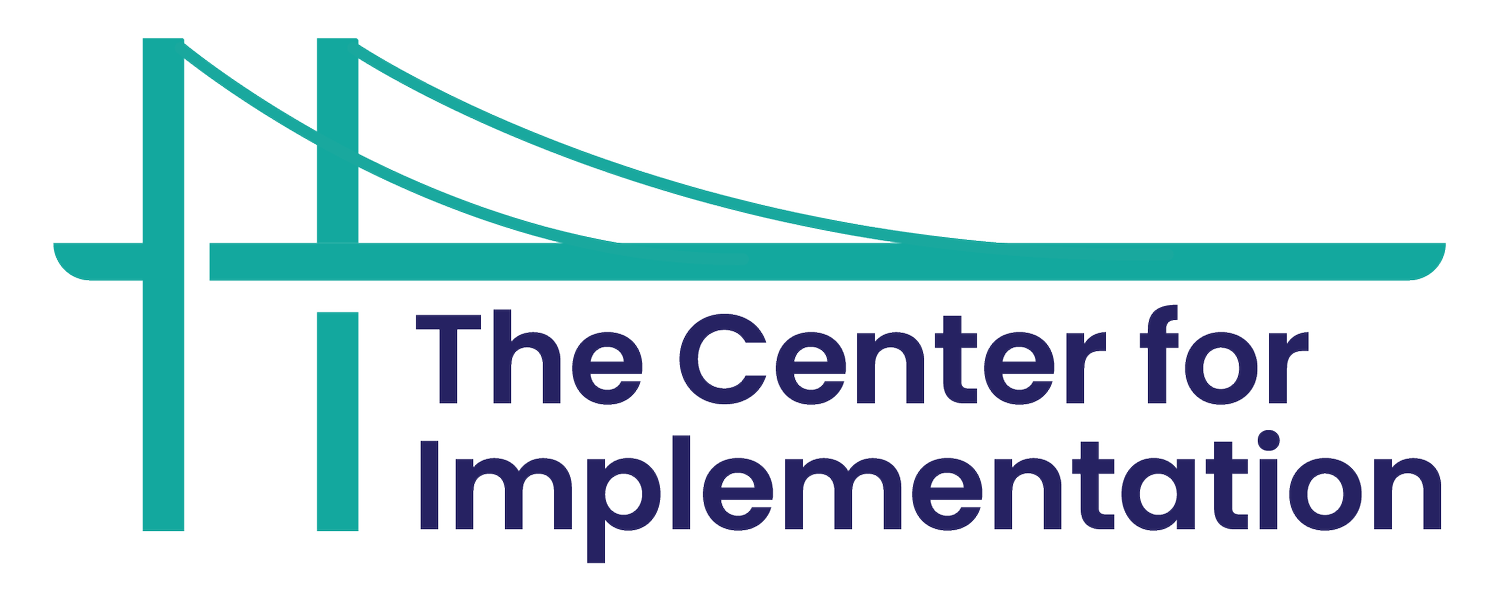Featured Resource: Cultivate Trust and Navigate Power with the Cultiv8 Tool
By Drs. Julia E. Moore and Sobia Khan
6-min read
Since its inception in 2018, TCI has dedicated a significant amount of time to synthesizing and translating implementation science, theories, models, frameworks, and approaches to make them practical and usable for those responsible for implementing and scaling programs and practices. Initially, we focused on the technical aspects of supporting implementation.
However, three years ago, we began receiving numerous inquiries about relationship-building. People wanted to know how to create strong and trusting relationships within collaborative efforts and how to address power dynamics that were affecting implementation.
We’ve been thrilled to see new research emphasizing the importance of relationships in implementation and the need for implementation support practitioner competencies in this area. But many were still seeking concrete actions they could take to build and maintain trusting relationships while navigating power dynamics.
To provide practical solutions, we reviewed the implementation science literature, only to find limited research on relationships. As a result, we ventured into research from adjacent fields
Supporting changemakers to build trust and address power dynamics
We synthesized and translated what we found into a comprehensive online course, Cultivating Trust and Navigating Power. To support participants’ learning processes, we have the Cultiv8 Process, which is a 3 phase process outlining how to assess, reflect, and take action on trust and power.
The Cultiv8 Process helps you assess the context of your relationships and reflect on your own contributions within them. Its goal is to support you in deeply reflecting on trust and power and in identifying actions you can take to cultivate trust and to navigate power dynamics.
The process includes three overarching steps: 1) assessing the context of the relationships; 2) reflecting on your own contributions in the relationships; and 3) selecting actions for yourself and for the situation to address the challenges you’ve identified in the previous steps.
The first two steps involve unpacking and understanding trust and power at deeper levels. You’ll consider the factors that affect trust: authenticity, competence, and connection.
You’ll also reflect on dimensions of power, which includes types of power, forms of power, and spaces of power. For example, the Cultiv8 Process helps you to consider:
Who has visible power, hidden power, and invisible power?
What types of power would be ideal for the work (e.g., power with others, power to achieve a goal) and what type of power is currently being exerted (e.g., power over others)?
What are the spaces where power is being exerted (e.g., closed, invited, claimed)?
These important factors, which are explored in greater depth in the course, are highlighted in the Cultiv8 Process to help move you towards action.
Selecting trust and power actions
Once you have unpacked the context and your own contributions (Steps 1 and 2), you’re ready to select actions for yourself and the situation (Step 3). Cultiv8 includes a collection of actions you can draw from and immediately put into practice.
To complement the PDF resource, we created an interactive collection of Cultiv8’s trust and power actions: the Cultiv8 tool.
It’s designed to help you identify actions that can promote trust-building and respond to power dynamics, presented in an interactive format to make developing an action plan more dynamic.
The tool includes actions at the individual and organizational level since both of these levels are integral to implementation work. For example, if you recognize there is a need to show up more authentically, you could explore actions to show up more authentically as an individual or as an organization. Or perhaps you might recognize the importance of having the organization or team show up more authentically and then you could discuss these as possible actions you could take.
We’re making the Cultiv8 tool available for free!
Previously only included in our Cultivating Trust and Navigating Power course, we have decided to make the Cultiv8 tool freely available to everyone, just like our StrategEase tool.
Why? We’ve received such positive feedback about the tool and see its value in making a difference in the impactful work that changemakers around the world are doing.
Our goal is to make tools like this one more accessible and widely available to help more people build stronger relationships as relationships are the backbone of all implementation efforts.
We also hope that by making this tool accessible, it will help implementation researchers who are interested in practice-based perspectives better understand what is highly relevant to implementers and implementation support practitioners right now.
We recommend enrolling in the Cultivating Trust and Navigating Power course to make the most out of the Cultiv8 tool, and check out the recording of our free virtual event where we shared more about the tool and celebrated its release.
This article was featured in our monthly Implementation in Action bulletin! Want to receive our next issue? Subscribe here.



